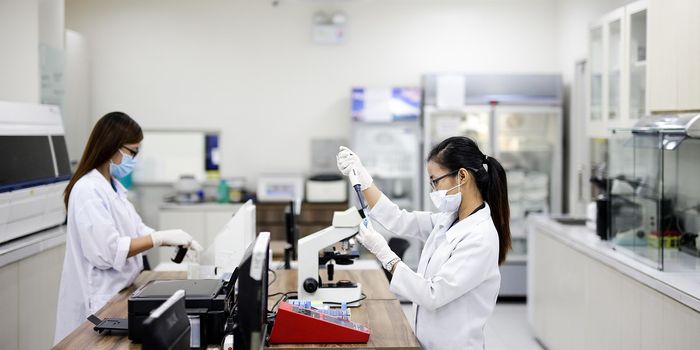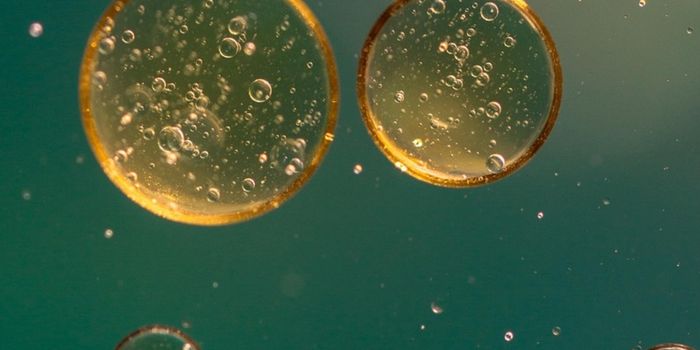Brain Patients are Advancing Research
Neuroscientists may face the challenge of not having enough material or high-quality material to study the condition they’re researching. Luckily—as reported by the Associated Press (AP)—some scientists have the opportunity to “piggyback” on certain brain surgeries in which patients can elect to donate some tissues to science.
According to the AP, about 75% of brain tissue donations are from epilepsy patients. The remaining samples are from cancer surgeries. When patients are presented with the opportunity to assist in scientific studies in this manner, they need to understand the delineation between their treatment and their optional donation. The AP reports that a doctor will discuss the treatment with the patient, while a research coordinator addresses the opportunity to participate in studies.
In addition to donating brain tissue and cells, patients may contribute to studies in a variety of other ways. In one case reported by the AP, in addition to donating a small piece of healthy brain tissue, a patient also read sentences aloud while surgically implanted sensors tracked how her brain functioned. The patient, Genette Hofmann, said, “It was the easiest decision I’ve ever made. This will be my chance to make a difference.”
The Seattle-based Allen Institute for Brain Science is creating an online atlas that provides information on hundreds of human brain cells that are freely available for study. The AP reports that the institute hopes to provide another novel method to study the brain, beyond scans and animal studies. They hope that the atlas will help further studies on conditions such as Alzheimer’s disease and autism.
According to the AP article, epilepsy patients are ideal for additional brain studies while they are undergoing treatment and monitoring for seizures. Because their brains are already hooked into 100 or more sensors, neuroscience researchers can monitor for more than seizures. Additionally, according to the AP, these patients don’t have a lot to do during this time. Dr. Joshua Rosenow of Northwestern University told AP reporters that, “It is rare that you have the opportunity to study the brain in such a detailed way in awake people.”
Source: Associated Press








